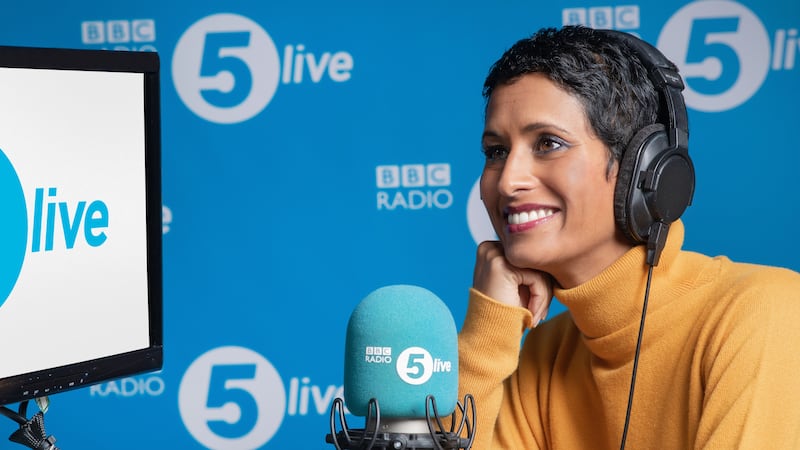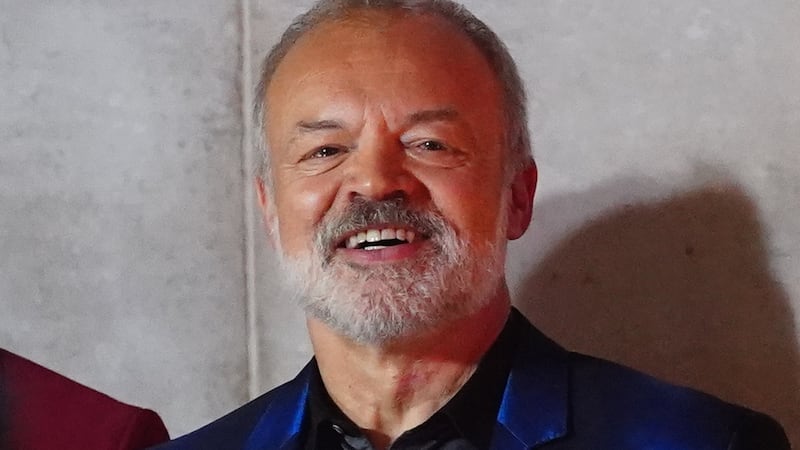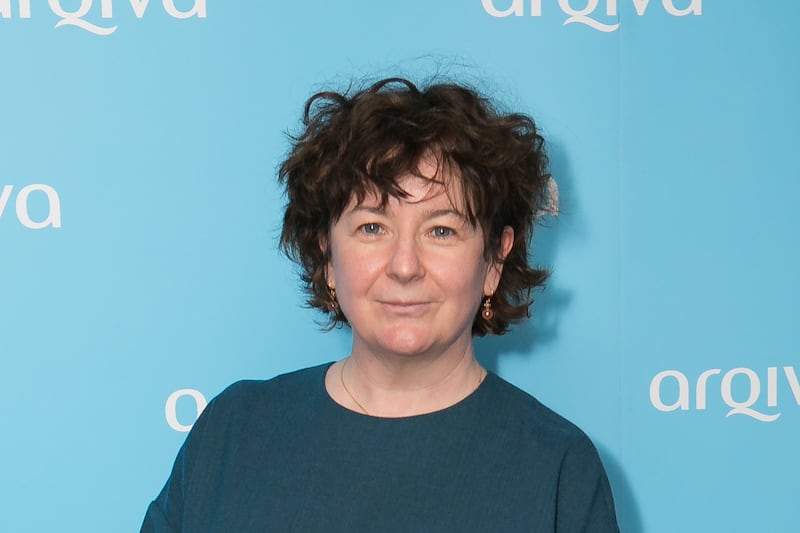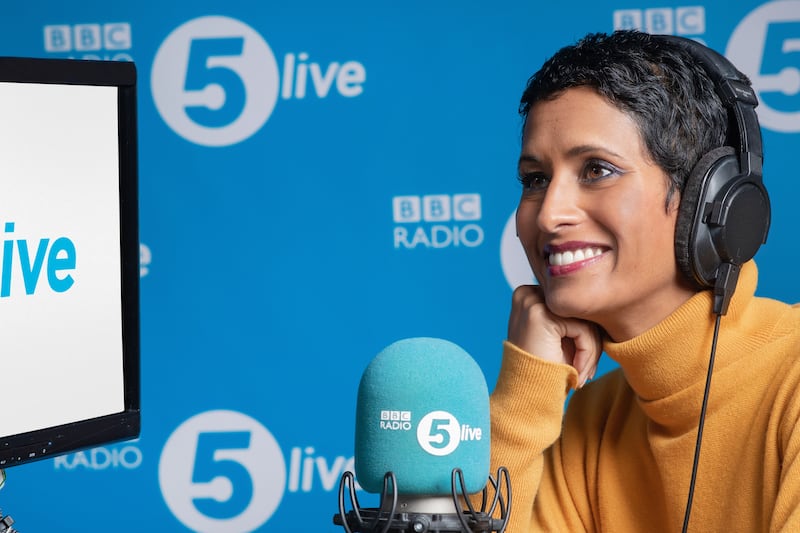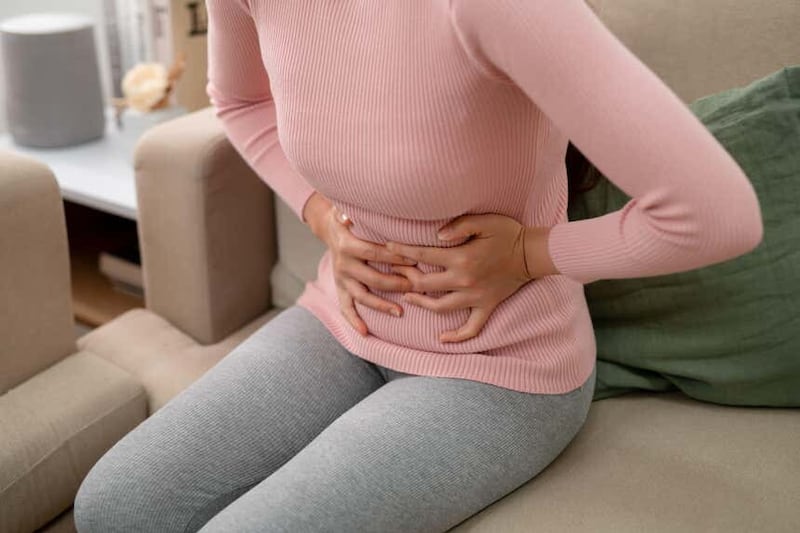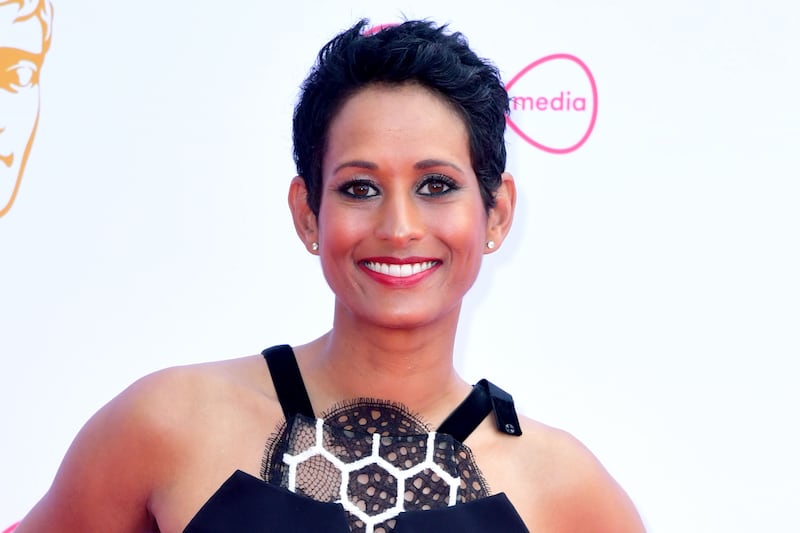NHS medical staff need to “take women seriously” when it comes to health problems, TV stars Vicky Pattison and Naga Munchetty told MPs as they shared their experiences of feeling dismissed.
Pattison, who came to fame on the reality show Geordie Shore, said she felt “stupid and ashamed”, while BBC Breakfast presenter Munchetty recalled being told to “suck it up” since she was a teenager as they both tried to get a diagnosis and treatment for menstrual and gynaecological issues.
The pair appeared before the Women and Equalities Committee on Wednesday as part of its inquiry into women’s reproductive health.

Both women said they ended up going private after failing to get the care they needed on the NHS.
Pattison, who has now been diagnosed with pre-menstrual dysphoric disorder (PMDD), said she faced extreme symptoms when she reached her late 20s, including “crippling anxiety”, insomnia and fatigue, but they were put down to PMS (pre-menstrual syndrome) when she visited various doctors across the country.
She said: “I was always told exactly the same thing: ‘This is PMS. This is what women go through. Every other woman in the world is dealing with this’.”
This made her feel “even more invalidated”, she said, as she wondered if she just needed to just “get on with it”.
The committee was told the symptoms “in some of the darker moments” saw Pattison feel “the world would be better without us (Vicky) in it”.
Of her experience with doctors, she added: “I can’t tell you how many times I got told, ‘They’ll (symptoms) get worse as you get older, this is just natural’. And you believe it. You absolutely believe it and you believe that you’re weak, that you can’t cope with what every other woman is coping with.”
She decided to go for private healthcare this year “after feeling ignored and invalidated by the NHS” and said she “could’ve kicked myself for taking so long” as she was immediately diagnosed with PMDD.
She said: “I felt like for the first time somebody actually listened and took it seriously.”
On her experience before going private, she said: “I felt like I was wasting the NHS’s time. That’s how I got to. And when I eventually was paying to see somebody, I felt like I had more of a right to sit there and speak. And that’s mental. Like, that’s not right, you know, so no, I felt stupid and ashamed and like I was wasting everybody’s time and I felt weak.”
Broadcaster and journalist Naga Munchetty, who has been diagnosed with adenomyosis, said things reached a point where her husband called an ambulance due to the intense pain she was in.
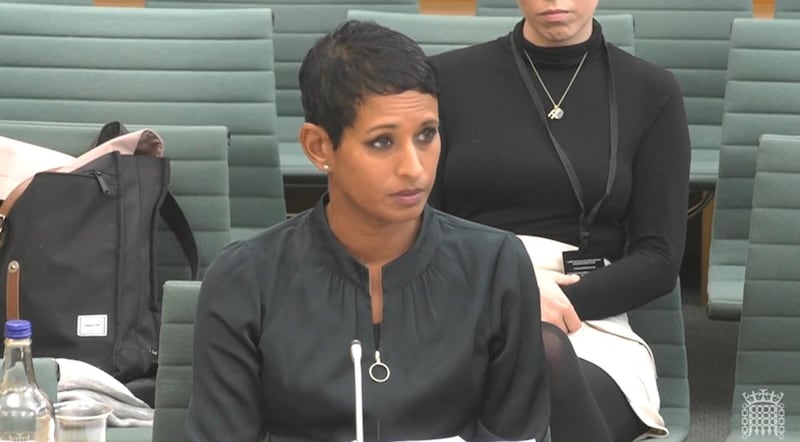
She said she had been told since she was about 15 “just to ‘suck it up’ and ‘you’re normal’ and ‘everyone goes through this’, and especially told by male doctors who’ve never experienced a period and then by female doctors who hadn’t experienced period pain”.
She said there was a “constant, ‘You’re fine, everyone else is putting up with this, why can’t you?'”
She said she had unexplained heavy bleeding for nearly two weeks and her GP, who specialised in women’s reproductive health, advised her to go private if possible due to lengthy NHS waiting lists.
Acknowledging she is “fortunate enough to be able to have private healthcare”, she said it was the “only time I felt I could sit there and take time and force an issue, force understanding, force explanations from my gynaecologist and not feel bad that I was taking up more than 10 minutes of my GP’s time because there was a queue of people in the waiting room”.
Both Pattison and Munchetty told the MPs women must be properly listened to in the health service when they are expressing concerns about pain.
Pattison said: “GPs, anyone within the NHS, any medical professionals at all, they just need to start to take women seriously when they say something’s wrong. I know loads of brilliant women and I don’t feel like we’re the weaker sex at all. I feel like we’re brilliant. I feel like we’re strong and powerful and we put up with a lot more than blokes do most of the time.
“If we have got ourselves up and gone into a doctor’s, a hospital, whatever, to say something’s wrong, I feel like the least people can do is listen to her and believe that there is something wrong.”
She said there needs to be “better knowledge, better understanding” about health issues affecting women specifically.
Echoing those sentiments, Munchetty added: “No woman says she’s in pain unless she is in real pain. No woman says she is anxious unless she is really anxious. No woman wants to appear weak or appear incapable until she really is, until she can’t cope anymore. And it shouldn’t be that way.”
The Committee’s inquiry is examining the challenges women face when they are being diagnosed and treated for gynaecological and reproductive conditions, including considering any disparities that exist in diagnosis and treatment and the impact of women’s experiences on their health and lives.
